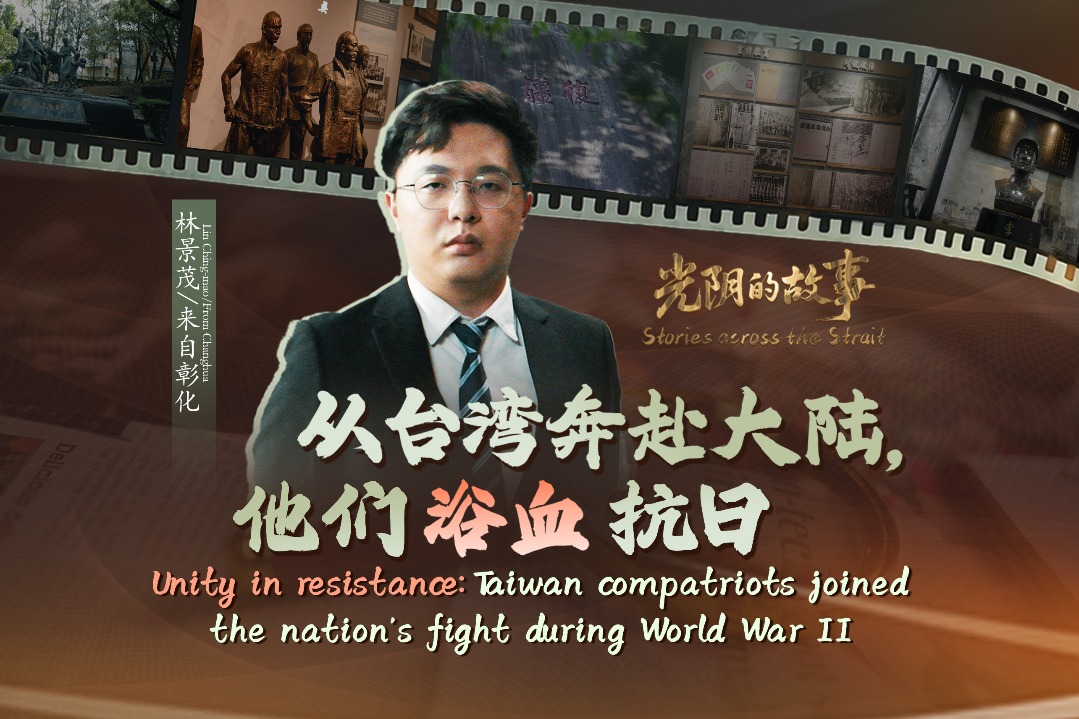SCO meeting pushes for shared goals

China is ready to share high-quality educational resources with all member states of the Shanghai Cooperation Organization and deepen mutually beneficial cooperation, Education Minister Huai Jinpeng said on Tuesday.
Speaking at the ninth Meeting of Education Ministers of the SCO Member States, held in Urumqi, capital of the Xinjiang Uygur autonomous region, Huai proposed the establishment of a new platform for higher and vocational education cooperation targeting SCO countries. He called on all member states to actively support, participate in and benefit from its development, with the goal of advancing broad-based exchanges and collaboration in education.
Amid rapid technological change, industrial transformation and accelerated knowledge innovation, China remains committed to building a community with a shared future for humanity and promoting educational openness, Huai said. To address global challenges and opportunities, he outlined three priorities for strengthening bilateral and multilateral education cooperation.
First, Huai encouraged all parties to make full use of the SCO Education Ministers' Meeting mechanism to improve policy coordination and share experiences, steadily advance key projects and ensure tangible benefits for people across member states. China will support innovation in the management of the SCO University, expand its academic disciplines and enrollment, and welcome more interested universities from member countries to take part, he said.
According to China Education Daily, the SCO University is the most prominent multilateral platform for education cooperation within the group. It comprises more than 120 participating institutions, including 48 from China.
In terms of bilateral cooperation, China has delivered its 2012 commitment by offering 30,000 government scholarship opportunities to students from other SCO countries over the past decade. It has also invited 10,000 teachers and students from Confucius Institutes to participate in academic programs in China, the newspaper reported.
Huai also called for leveraging the potential of higher education by launching joint doctoral training programs in strategic fields such as energy, information technology, materials, agriculture, healthcare and law.
Vocational education cooperation will be strengthened through the creation of industry-education integration communities, shared training bases and mutual recognition of qualifications. Meanwhile, basic education exchanges will be enhanced through sister-school partnerships, teacher exchanges and pedagogical dialogue, Huai said.
As digital and artificial intelligence technologies evolve, China will push ahead with its digital education strategy based on the "3I "principles — integration, intelligence and internationalization — to build inclusive, resilient and sustainable digital learning ecosystems.
To that end, China has proposed the creation of the SCO Digital Education Alliance, a regional platform under the World Digital Education Alliance. The initiative aims to help member states share high-quality resources, advanced technologies and best practices, and to make digital education a cornerstone of future cooperation, Huai said.





































